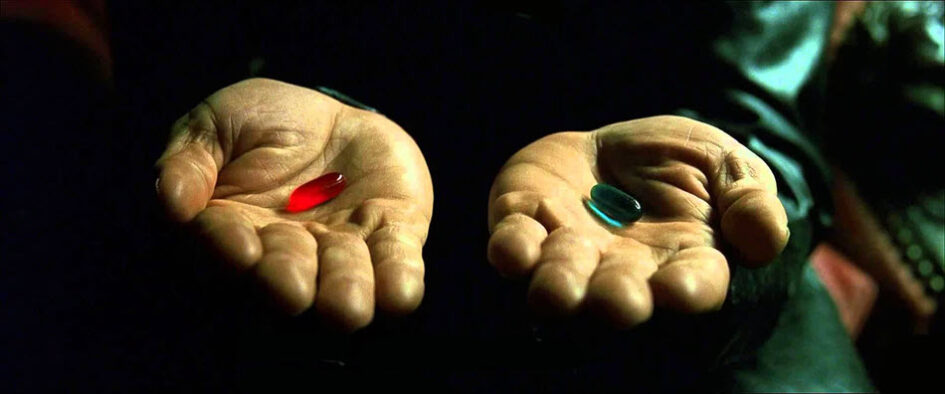You might hear someone quoting Alfie Kohn someday. They’ll be telling you incentives don’t work. That they crush intrinsic motivation. They’ll quote his studies about offering incentives to children to read and how it led to less reading because they were no longer intrinsically motivated to read.
I would agree. In many cases, using incentives to drive a behavior we enjoy doing would dampen our desire to keep doing it. But using extrinsic rewards on something that we intrinsically like to do is just stupid program design.
But I would also suggest that there is little in our day-to-day work that is something we do because we’re truly intrinsically motivated to do it.
There are things at the macro level we love about our jobs and our work. Many of us are lucky enough to have work that creates the motivation to get up and attack our jobs with gusto and enthusiasm every day. (I’m smiling as I write that because the number of people to which that applies is so gobsmackingly low.)
Others, however, don’t have that situation. We might like what we do. We get to do some incredible stuff sporadically that helps us get over the rough spots. (This is reality for the majority.)
But incentives do have a place in the real world when we need to break the behavioral inertia we have around things that are new, things we’ve built bad habits around, things that are mind-numbingly boring.
Work includes many things we are not intrinsically motivated to do. And incentives create the energy to get us to choose to change.
That’s why incentives belong in the real world.
They don’t belong in fantasy land where we only worry about what makes us happy and fulfilled. Where we can chase butterflies and only do what the spirit moves us to do.
That’s kindergarten.
This is full-contact, full-time, employment.





Recent Comments